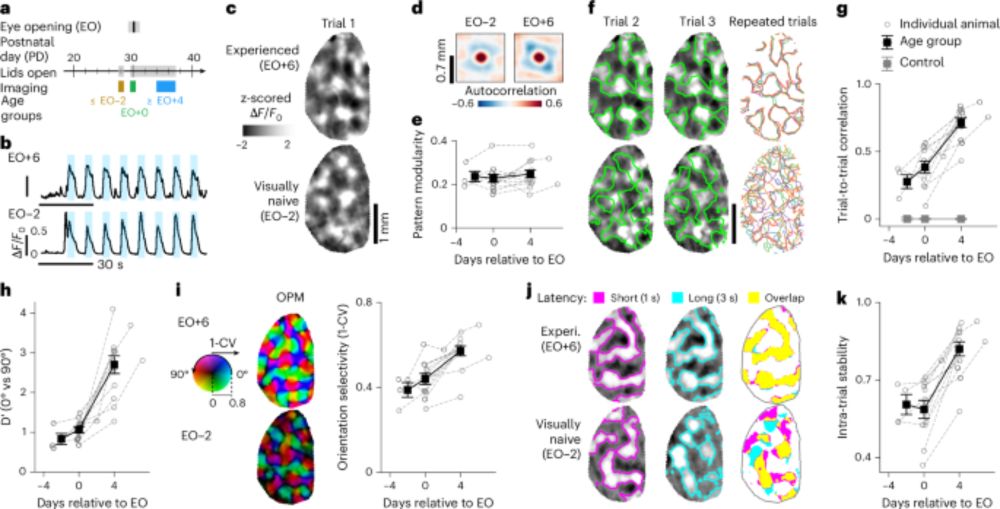


She ended every seminar/keynote I ever saw with a picture of her kids and grandkids as a note on what's important and that succesful women in academia can have a family too.
I told her the second time how inspirational I'd found that and she was absolutely lovely.
I'll go first: Jocelyn Bell Burnell
She ended every seminar/keynote I ever saw with a picture of her kids and grandkids as a note on what's important and that succesful women in academia can have a family too.
I told her the second time how inspirational I'd found that and she was absolutely lovely.



The latest @campsydept.bsky.social #research suggests that pro-immigration arguments can be effective for the UK electorate 👇
https://bit.ly/3HYkEQi

www.thetimes.com/uk/obituarie...

www.thetimes.com/uk/obituarie...
Expectant and young parents are invited take part investigating what effect early interactions have on developing brain🔎🧠🐣
📨Get in touch to learn more!
#developmental #psychology #neuroscience #research #family #interaction



Expectant and young parents are invited take part investigating what effect early interactions have on developing brain🔎🧠🐣
📨Get in touch to learn more!
#developmental #psychology #neuroscience #research #family #interaction
We'll cover cell & gene therapies, pharmaceutical innovations, and cutting-edge neurotechnology
Check out our Programme!👇https://neuroscience.cam.ac.uk/camneuro-events/8th-cambridge-neuroscience-symposium/?tab=2

We'll cover cell & gene therapies, pharmaceutical innovations, and cutting-edge neurotechnology
Check out our Programme!👇https://neuroscience.cam.ac.uk/camneuro-events/8th-cambridge-neuroscience-symposium/?tab=2
www.pnas.org/doi/10.1073/...
www.pnas.org/doi/10.1073/...
acamh.onlinelibrary.wiley.com/doi/10.1111/...
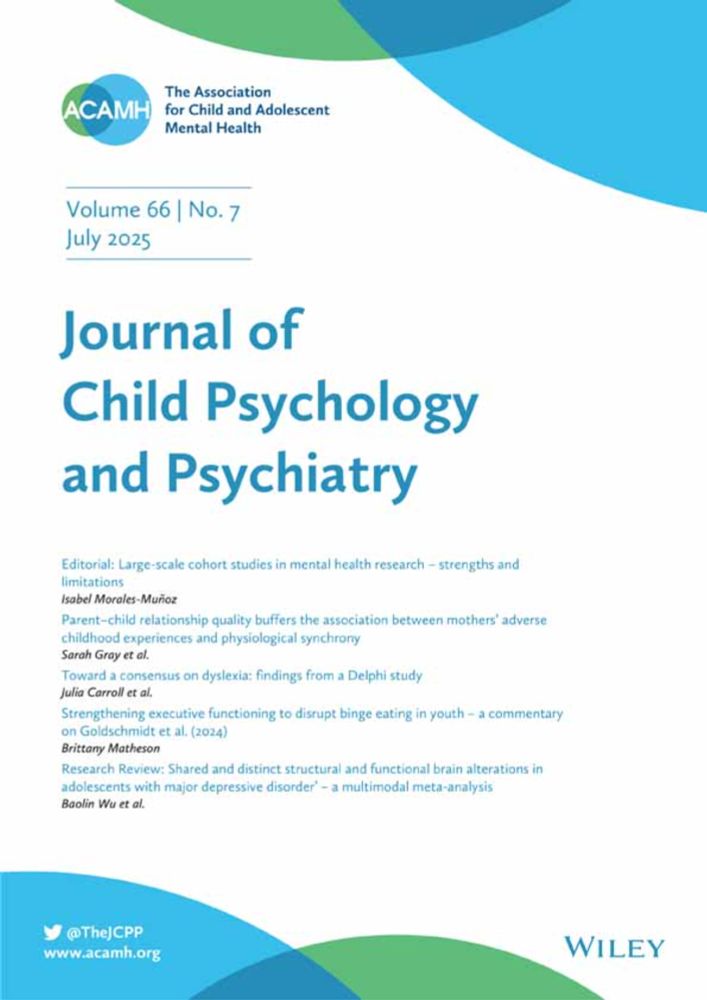
acamh.onlinelibrary.wiley.com/doi/10.1111/...
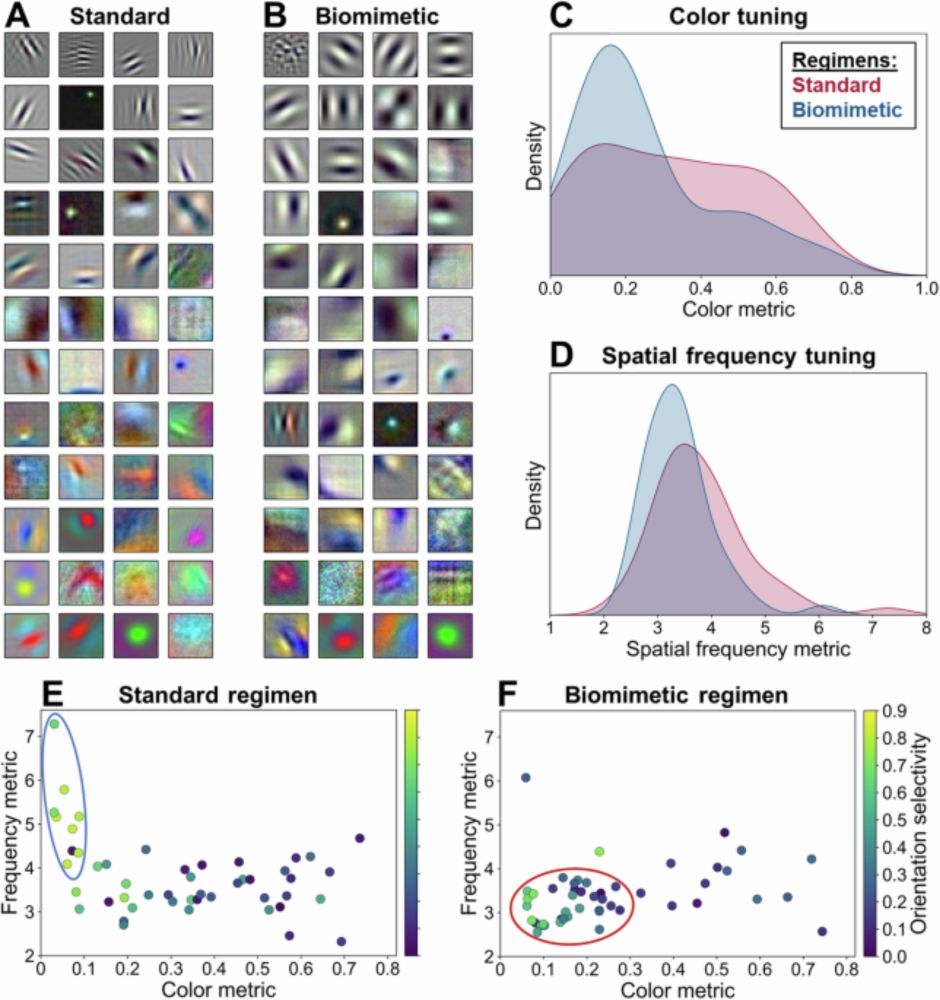
#NeuroAI #neuroskyence
www.thetransmitter.org/neuroai/the-...

www.nature.com/articles/s41...
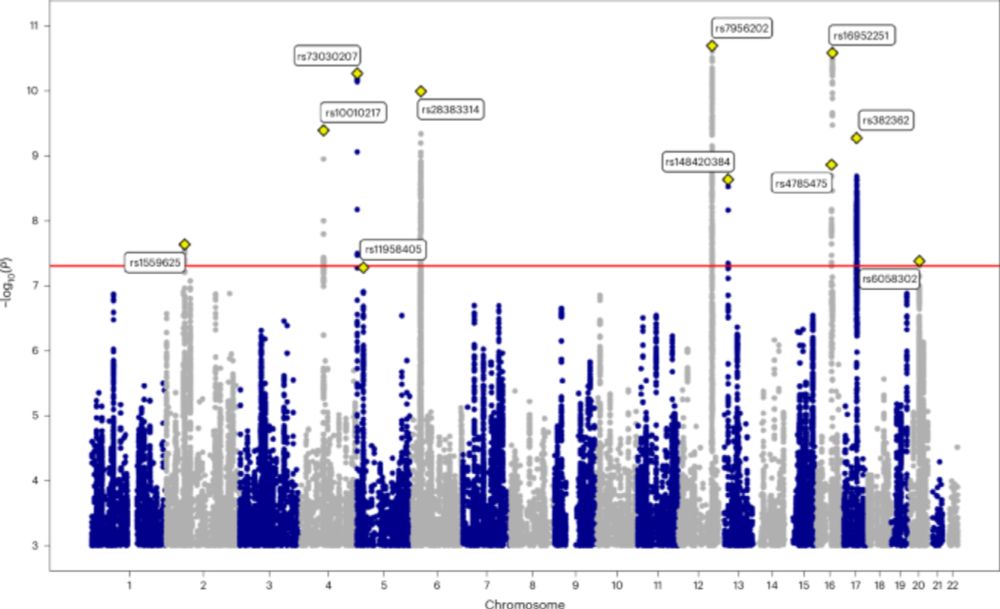
www.nature.com/articles/s41...
www.medrxiv.org/content/10.1...
www.medrxiv.org/content/10.1...
www.kings.cam.ac.uk/news/2025/al...
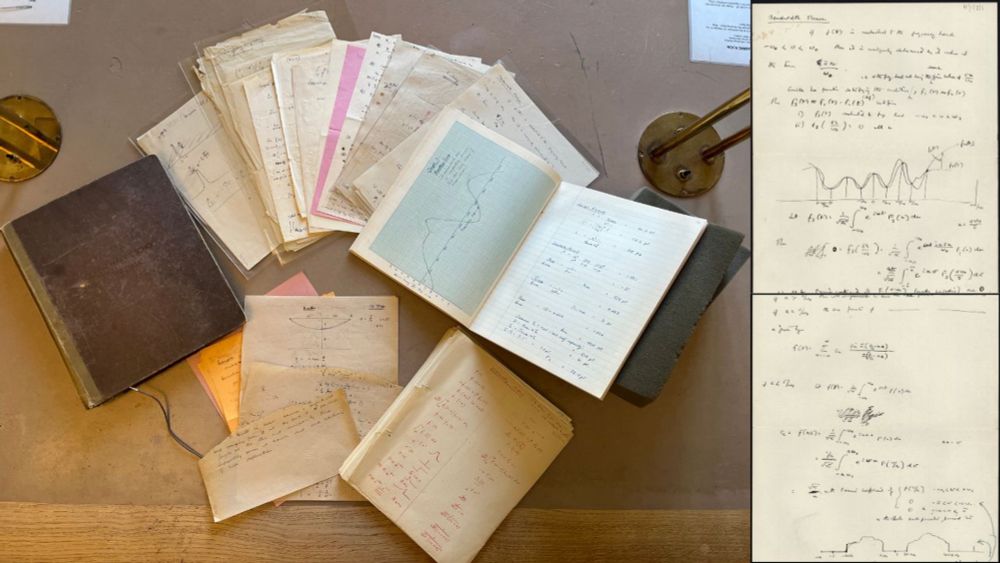
www.kings.cam.ac.uk/news/2025/al...
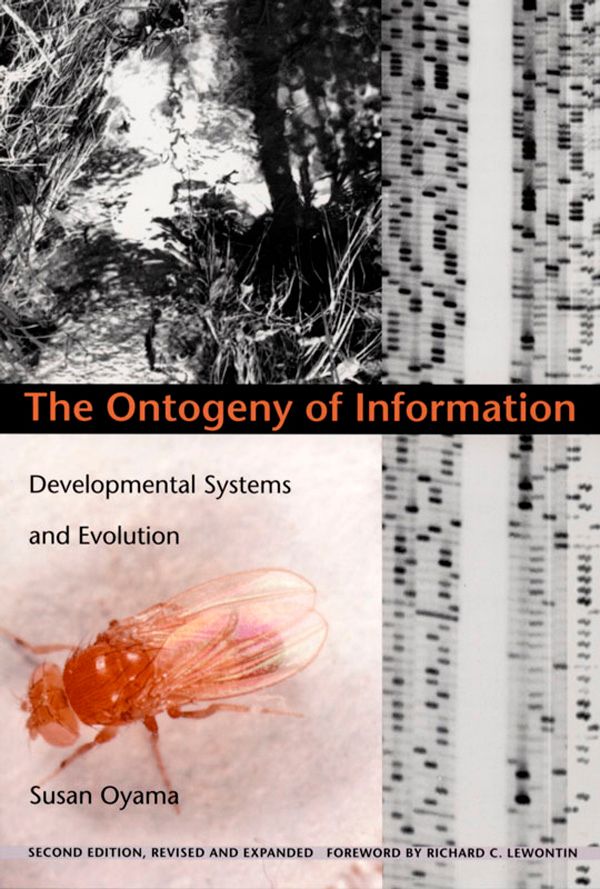
www.cell.com/current-biol...
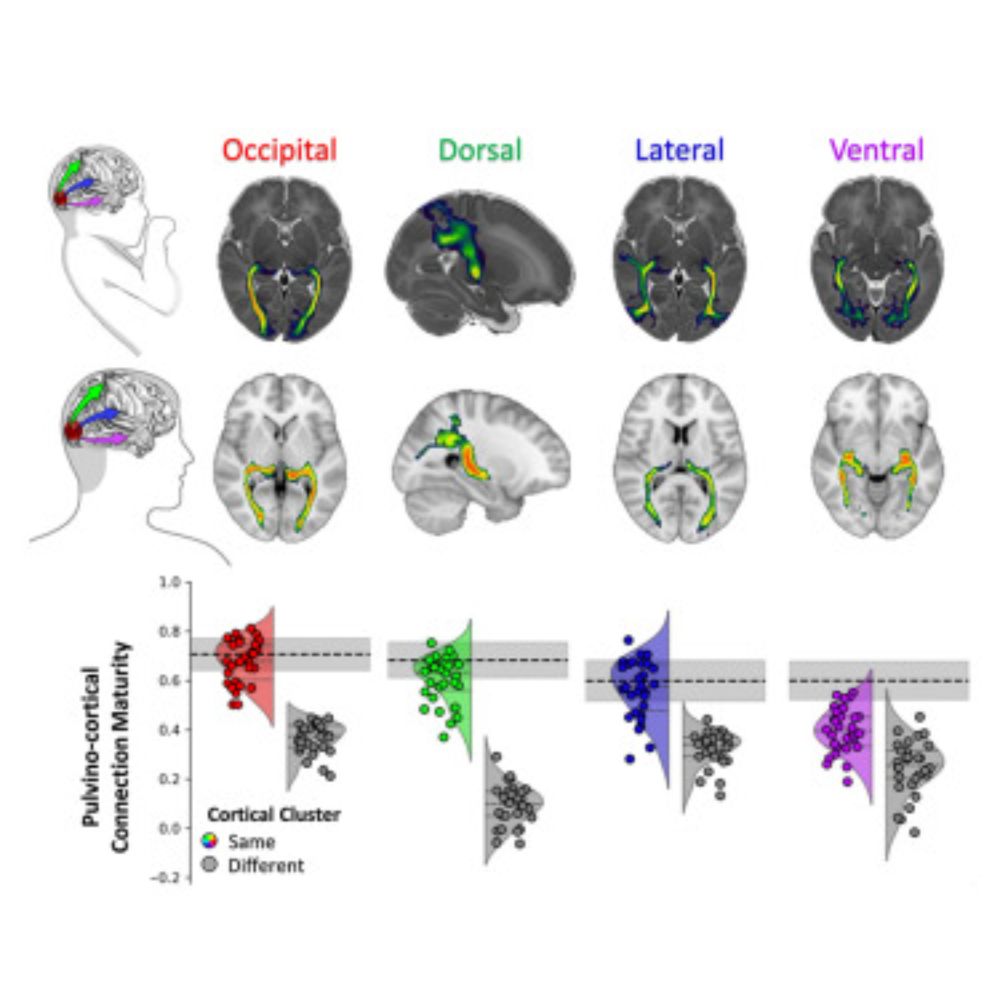
www.cell.com/current-biol...
Open access link:
www.nature.com/articles/s41...
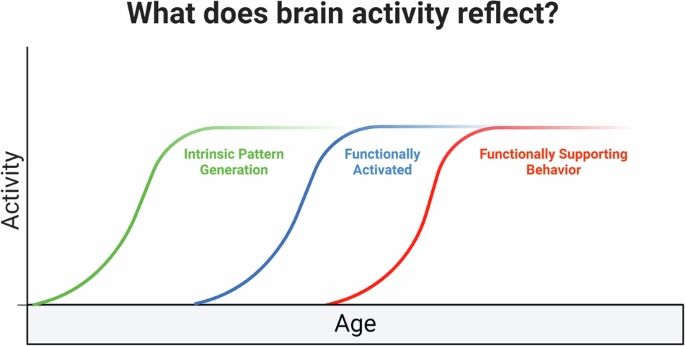
Open access link:
www.nature.com/articles/s41...


